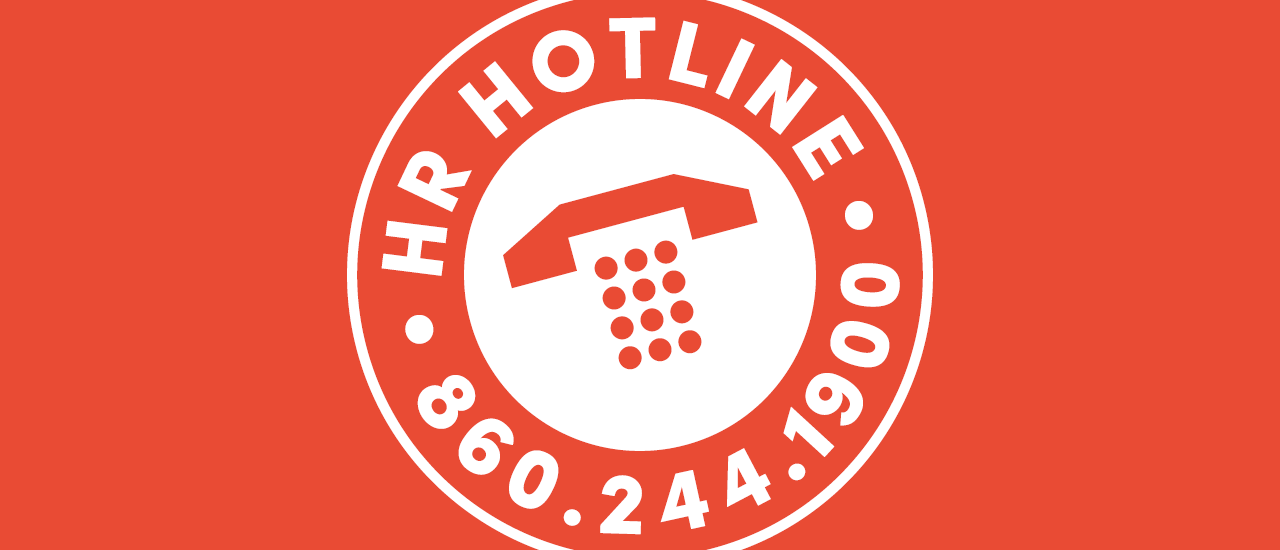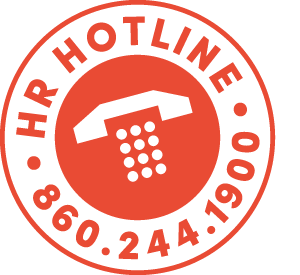HR Hotline: Is an Ex-Employee Entitled to a Bonus?

Q: An employee we laid off earlier this year called to “remind” us to send him his annual bonus. Under our compensation plan, we determine if a bonus is to be paid after reviewing fiscal year financial results, reflecting individual and company performance. To be eligible, you must have been employed for the full fiscal year and at the time of the payout, which is usually around Thanksgiving. Is our plan sustainable as is or must we pay him a bonus?
A: If your compensation/bonus plan clearly defines how employee wages are calculated, what events or transactions make such wages earned, and when payment is to be made—and you have not acted in bad faith to deprive the employee of what you owe him—the terms of your plan should be defensible.
Bonus plans (and commissions), however, are a common source of disputes between employers and former employees and often trigger complaints to the state Department of Labor.
Upon receiving a complaint by a worker about not being paid a bonus, a DOL investigator usually first asks for a copy of your written bonus plan statement.
State law requires that you notify all employees in writing of their pay rate and how it is calculated at the time of hire and when any changes are made.
You must include all forms of remuneration in this notice, including bonuses and commissions.
The written notice requirement is intended, in part, to avert disputes over compensation terms or calculations.
If written notice is not provided, the employee’s claimed entitlement to certain wages, even if based on a self-interested misinterpretation, may be given greater weight than warranted in resolving a dispute.
Connecticut wage laws are highly protective of workers’ rights to be paid what they are owed and include protections against forfeiture of earned wages.
A recent Connecticut Supreme Court decision reinforced the principle that employers can define how wages are calculated and when they are owed, as long as they don’t violate certain basic standards, such as minimum wage and the timely payment of wages.
The court decision also made it clear, however, that an employer might still run afoul of the DOL if they do anything that suggests an intent to interfere with an employee’s ability to earn a bonus or commission or be paid.
Firing an employee a week before bonuses are declared or replacing an employee on an account just prior to the closing of a sale, for example, might raise suspicions.
That’s why it’s important to be clear in your written compensation plans and transparent in your conduct when making hiring and firing decisions.
HR problems? Email or call Mark Soycher at the HR Hotline (860.244.1900) | @HRHotline.
RELATED
EXPLORE BY CATEGORY
Stay Connected with CBIA News Digests
The latest news and information delivered directly to your inbox.



